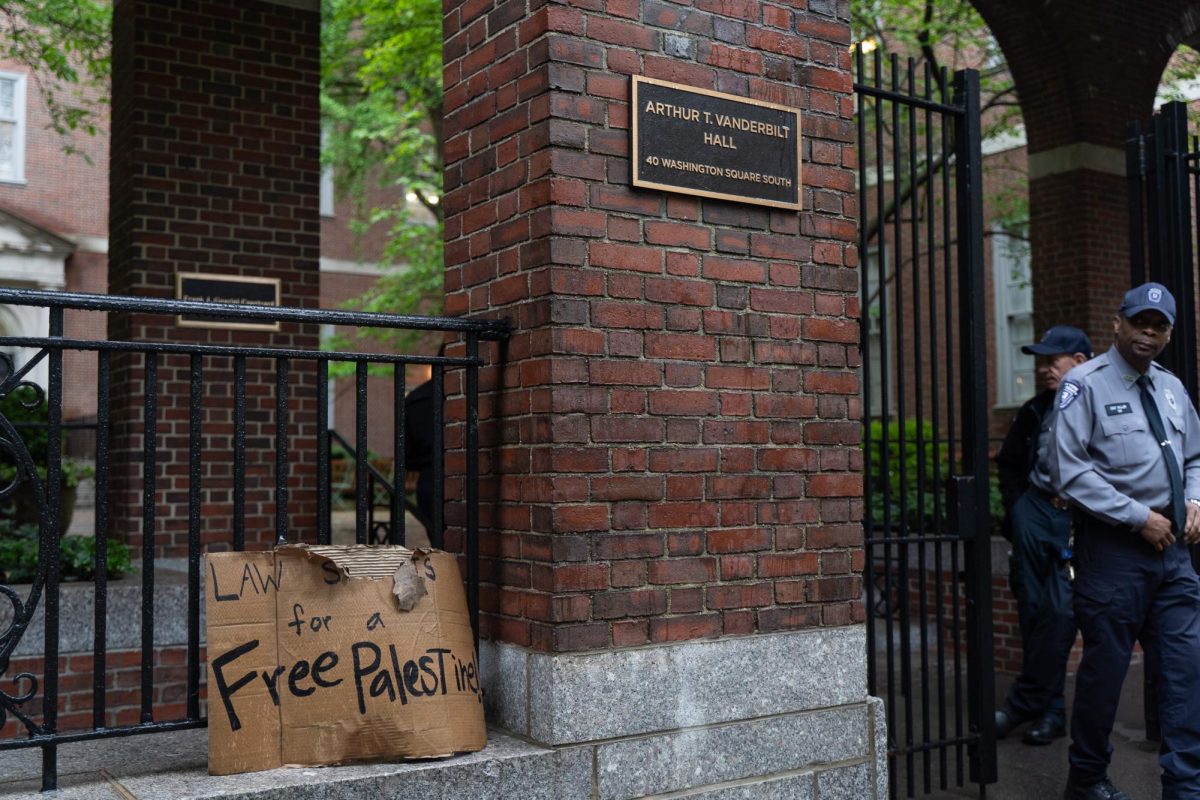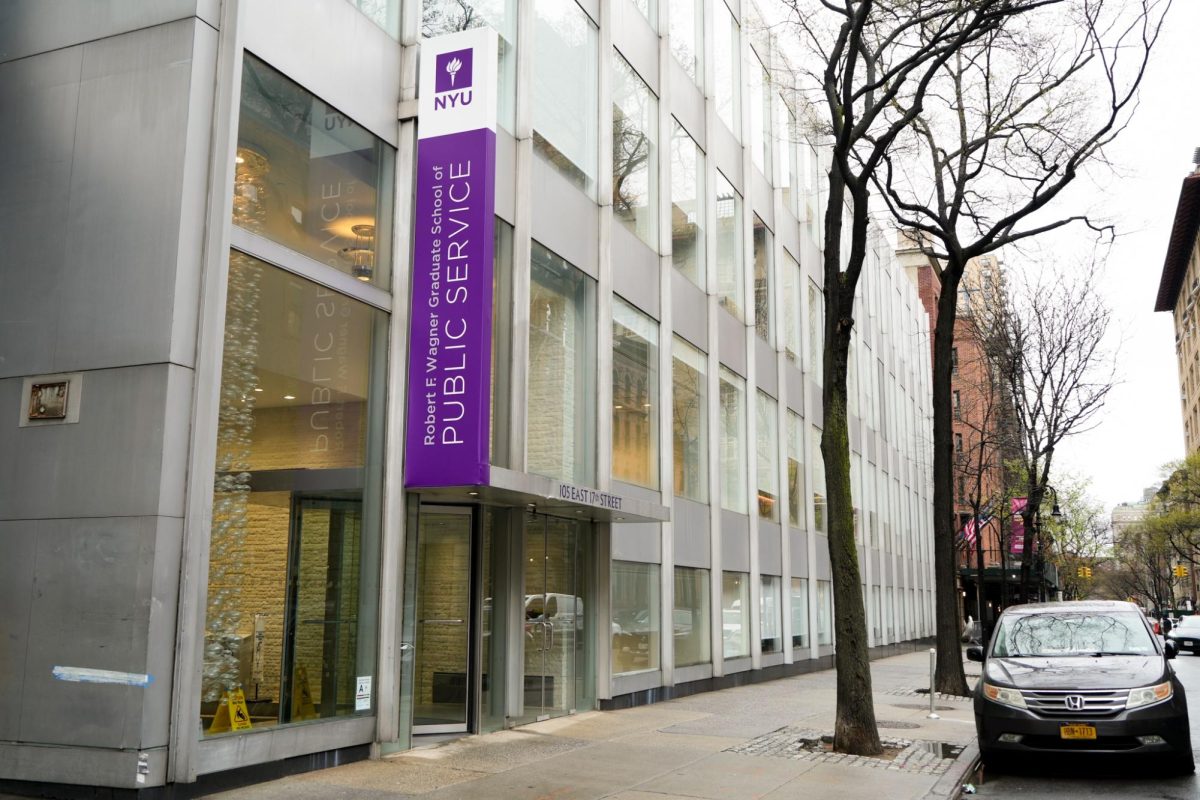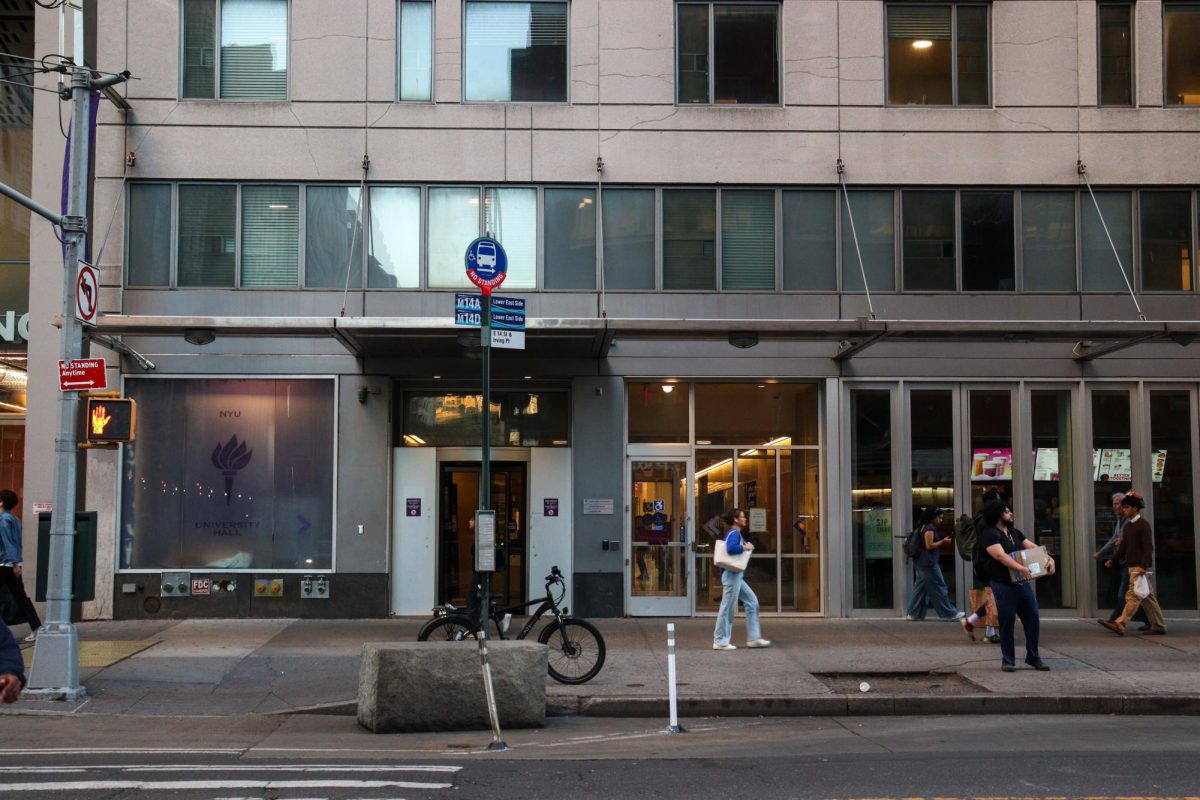In the war against Mayor Bloomberg’s soda-restricting law, the Coca-Cola Company has found some potentially surprising allies.
The New York State Conference of the National Association for the Advancement of Colored People (NAACP) and the Hispanic Federation have filed an amicus brief against a law set to take effect on March 12. The law bans the sale of soft drinks over the size of 16 ounces in efforts to reduce the city’s obesity rates.
Recently, the fact that the Coca-Cola Federation financially supports both of these organizations is causing more raised eyebrows.
The NAACP remains firm in its position that the law enacted by Mayor Bloomberg unfairly attacks minority business owners.
“Our stand against Mayor Bloomberg’s soda ban is about basic economic fairness,” said Hazel N. Dukes, president of the NAACP New York State Conference in a press release. “Bloomberg’s ban attacks the little guy, while giving a pass to big corporations.”
The NAACP press release failed to address any suspicions raised from their financial connection with the Coca-Cola Company.
The president of the Hispanic Federation Jose Calderón, doesn’t see any problems with what may seem to be a conflict of interest. He said in an official statement that partnerships do not affect the agenda of the Hispanic Federation.
Bloomberg’s health commissioner, Dr. Thomas Farley, argued that the law would offset negative health effects of large sugary drinks and indirectly help minority communities.
“The obesity crisis calls for bold action,” said Dr. Farley in an issued statement. “Sugary drinks are a leading cause of this epidemic, and they increase the risk of heart disease and diabetes. This regulation will help those suffering from obesity and its health effects, including members of minority groups who are disproportionately affected.”
Gallatin sophomore Madel Beaudouin, a member of NYU’s Latinas on the Verge of Excellence Mentoring club, said that although she was skeptical of the NAACP’s and the Hispanic Federation’s motives, she did sympathize with small shop owners.
“As I understand it, the bodegas are going to be really hurt because while the corporate chains can handle the loss of revenue, essentially these small mom-and-pop stores need all of the help they can get,” Beaudouin said.
A version of this article appeared in the Wednesday, Feb. 6 print edition. Komal Patel is a contributing writer. Email her at [email protected].





















































































































































